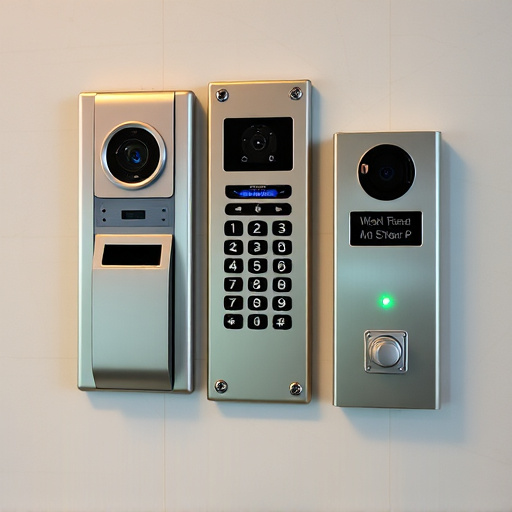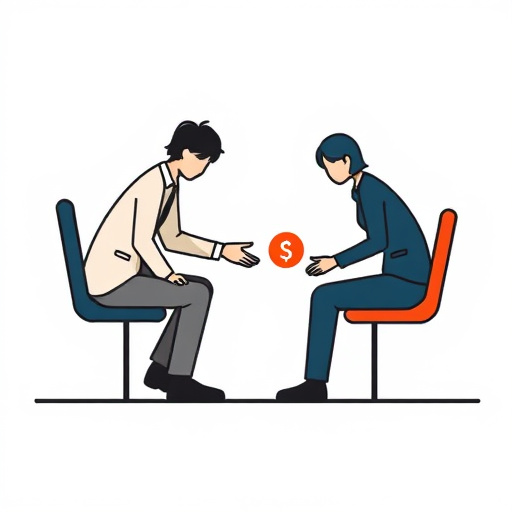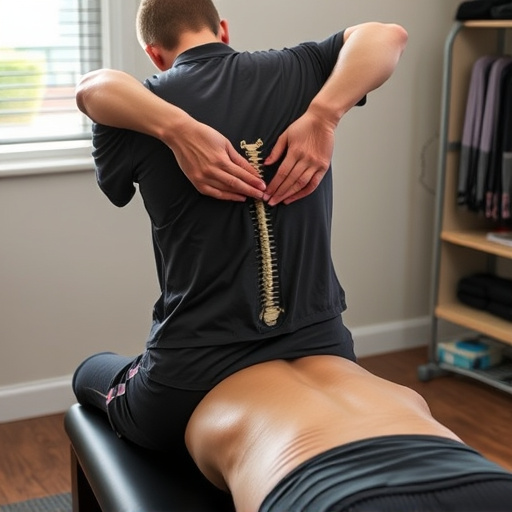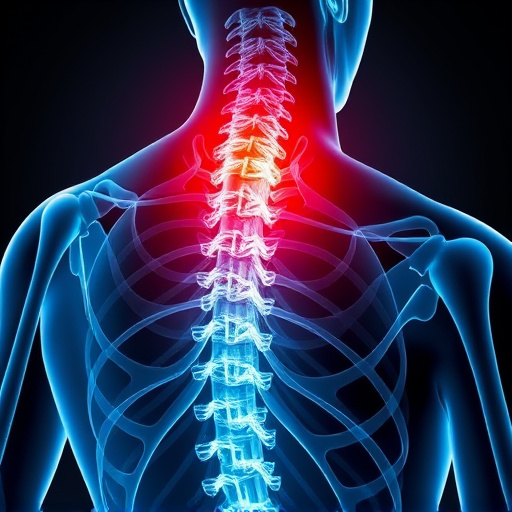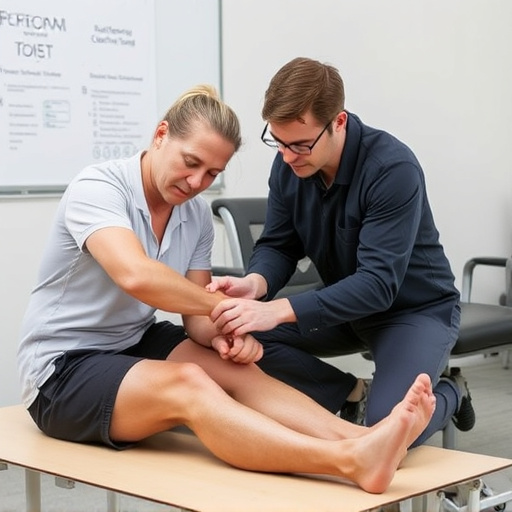Chronic pain management employs non-opioid strategies like physical therapy, acupuncture, massage, and cognitive behavioral therapy to address root causes and enhance long-term control, offering safer alternatives to opioids for diverse conditions including sports injuries. Lifestyle modifications, rehabilitation, and wellness care practices also play key roles in empowering individuals to improve quality of life without relying on powerful medications.
Chronic pain affects millions, yet managing it without opioids is a growing focus due to addiction concerns. This article explores effective alternatives for long-term relief. We delve into understanding chronic pain from a holistic perspective, focusing on non-opioid approaches that range from lifestyle modifications to innovative alternative treatments. Discover natural ways to reclaim control of your life and find lasting comfort.
- Understanding Chronic Pain: Non-Opioid Approaches
- Lifestyle Modifications for Long-Term Relief
- Alternative Treatments and Their Promise
Understanding Chronic Pain: Non-Opioid Approaches
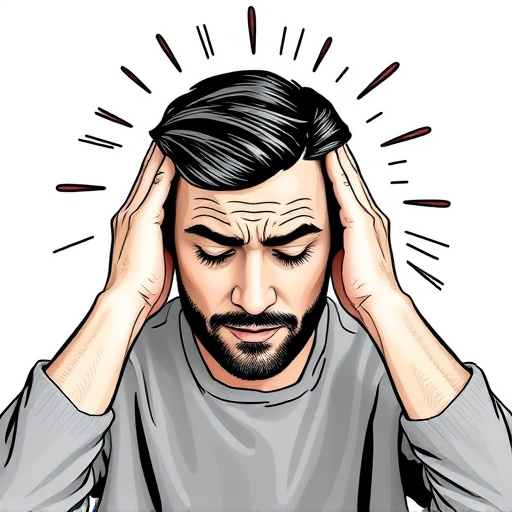
Chronic pain is a complex condition that requires a nuanced approach to management. It’s more than just a persistent ache; it can significantly impact an individual’s quality of life, affecting daily activities and overall well-being. Unlike acute pain, which serves as a warning signal, chronic pain persists long after the initial injury or illness has healed. This ongoing sensory experience often demands a shift in treatment strategies, especially when traditional opioid medications are not suitable or desired.
Non-opioid approaches to chronic pain management offer a range of effective alternatives. These methods focus on addressing the root causes, modifying pain perception, and improving overall functioning. For instance, physical therapy plays a vital role in post-injury care, helping individuals regain strength and mobility while reducing pain. Alternative therapies like acupuncture, massage, and cognitive behavioral therapy (CBT) also show promise in providing back pain relief and managing conditions like sciatica without relying on opioids. These strategies not only offer short-term symptom relief but can empower individuals to take control of their long-term chronic pain management.
Lifestyle Modifications for Long-Term Relief

Chronic pain can be a complex issue, but lifestyle modifications offer a promising path to long-term relief without relying on opioids. This includes adopting healthier habits such as regular exercise tailored to individual needs, proper sleep hygiene, and a balanced diet rich in nutrients that support healing and inflammation reduction. Engaging in stress management techniques like mindfulness meditation or yoga can also be powerful tools for chronic pain management, helping individuals develop coping mechanisms that address the mind-body connection.
Injury rehabilitation plays a crucial role here, focusing on specialized exercises designed to restore strength, flexibility, and function while reducing pain sensitivity. Integrating wellness care practices such as acupuncture, massage therapy, or physical therapy into a comprehensive chronic pain management strategy can provide additional relief and promote overall well-being. These modifications not only help manage symptoms but also empower individuals to take control of their health journey.
Alternative Treatments and Their Promise
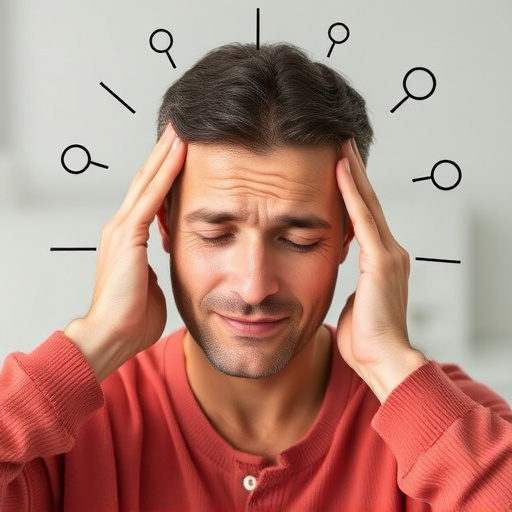
Chronic pain management offers a realm of alternative treatments beyond opioids, providing hope for those seeking lasting relief. Personalized treatment plans tailored to individual needs prove effective in managing diverse conditions, from persistent neck pain to complex sports injuries. Acupuncture, physical therapy, and cognitive-behavioral therapy (CBT) are emerging as powerful tools in the fight against chronic pain. These non-pharmacological approaches aim to reduce inflammation, improve mobility, and reshape negative thought patterns associated with pain.
Research suggests that these alternative treatments can significantly enhance quality of life for patients. For instance, acupuncture has shown promise in alleviating neck pain, offering a gentle yet effective solution without the risks associated with long-term opioid use. Sports injury treatment, too, benefits from these innovative approaches, focusing on not just fixing the damage but also optimizing recovery and preventing future injuries through comprehensive rehabilitation.
Chronic pain management doesn’t have to rely on opioids. By understanding the root causes of chronic pain, adopting lifestyle modifications, and exploring alternative treatments, individuals can achieve long-term relief and improve their overall quality of life. Non-opioid approaches offer a safer, more holistic path towards managing chronic pain, empowering folks to take control of their well-being without the risks associated with opioid medications.


